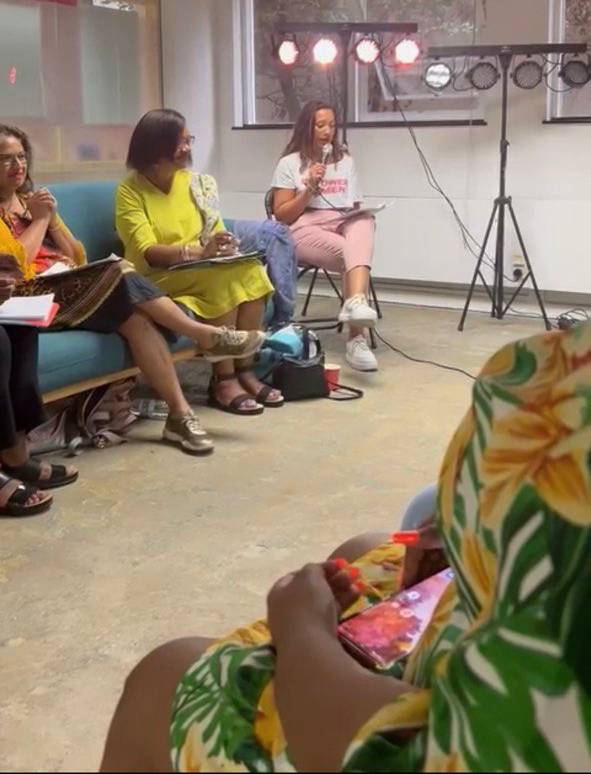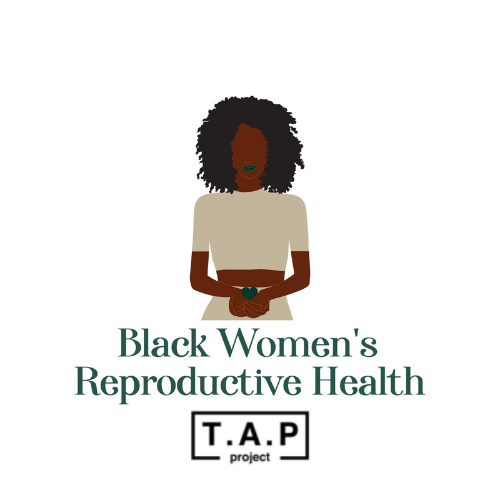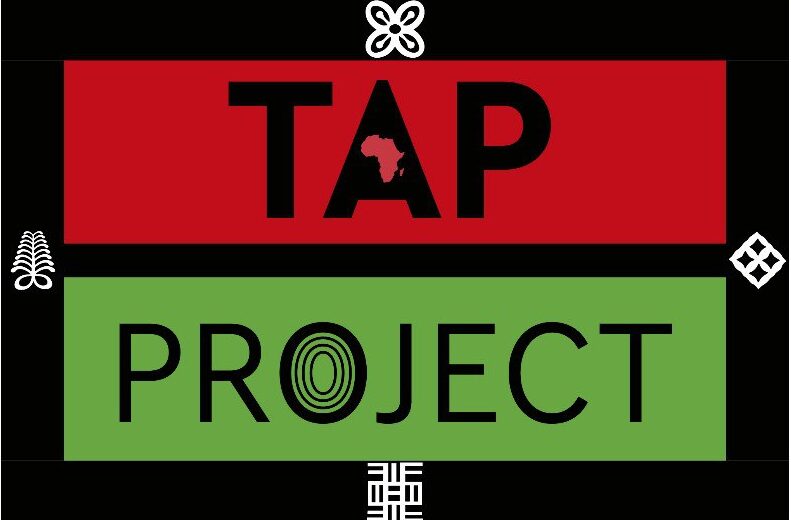

Black Women Reproductive Health
The Black Women’s Reproductive Health project is the first of its kind in the U.K., looking at the impacts systemic racism has on access to and quality of female reproductive and menstrual health.
The project has created original research that focuses specifically on Black and Black-mixed British women’s experiences and needs concerning their menstrual-reproductive health. Through surveying and speaking to over 160 beneficiaries, we’ve developed a project to suit their wishes in terms of accessing menstrual-reproductive health care and support. As well as research, our project:
- Provides access to education and information resources that assist Black women when attending healthcare appointments;
- Delivers online peer support group sessions that inform and inspire confidence concerning menstrual and reproductive health conditions, symptoms and treatment;
- Will work towards engaging with the wider female healthcare community and sector, including healthcare providers, to educate and challenge existing systems and racial disparities that Black women experience.
Systemic and institutional racism is present and prevalent in most, if not all, sectors. We live in a world that is not yet free from its history of colonialism, oppressive imperialism and where a select few benefit from mass inequality.
It was the summer of 2020. The world was stuck indoors, glued to our phones as we witnessed the murder of George Floyd. For people who have worked in and campaigned for a better, fairer, and more just criminal justice system, as myself, there is widespread acknowledgement that police brutality towards the Black community is an everyday reality; George was not the first, nor will he be the last, Black person to lose his life as a result of engrained racial biases and accepted institutional racism. Yet, the 13-minute video of his death was enough to spark peoples’ attention back, or in many cases for the first time, towards the Black Lives Matter movement.
The data we came across concerning Black women’s reproductive health justice was, unfortunately, not surprising. Thanks to the courageous, innovative and tireless work of campaigners and organisations like Five x More, research showed us that Black women going through poor maternal health, pregnancy or labour complications, were five times more likely to experience serious or fatal consequences than women from other racial backgrounds.
You’re reading this because you care about the state of Black women’s reproductive health. This is the Black Women’s Reproductive Health Project, (BWRH). We are a team of volunteers working to highlight the experiences of Black women and people with female reproductive systems’ menstrual and reproductive health needs.
Since October 2020 over 165 Black British women have spoken to us about their periods, their general reproductive health needs and how seeking healthcare support has made this better, the same or worse. We’ve analysed their words and considered how misogyny and racism have impacted their experiences; now we’re ready to share this with you.
Within this report you’ll see that our work and research have gone further in the field of menstrual and female reproductive health for Black British and Black-mixed British women than any other UK research piece has before. Some of our greatest findings evidence that:
- Black women’s experience, awareness and understanding of their period pain is challenging, internally in respect of whether said pain is ‘normal;’ externally in respect of how it impacts their day to day lives including overall wellbeing and access to work; and in relation to how reporting that pain to healthcare providers is or isn’t actioned upon appropriately or at all.
- Black women’s understanding of menstrual and reproductive health conditions is limited, primarily owing to the lack of adequate menstrual health education and more broadly, as a result of widespread stigmas associated with periods and women’s gynaecological health.
- And in conjunction with both of these points, that access to care and support for said conditions is lacking, inadequate and framed by unconscious and conscious biases in a racist healthcare system.
This report is the start of the journey of this project. Whilst our project aims are much wider than purely data collection and analysis, this report acts as necessary evidence and justification of why schemes like the Black Women’s Reproductive Health project and generally, why approaches that centre the experiences of women based on their individual backgrounds, including specificity concerning racial heritage, economic status and so on, should be looked at through individual lenses.
We are the first menstrual-reproductive report to solely focus on women of African and African-Caribbean heritage, and we did that because ‘BAME’ is no longer an appropriate term or cause of action if society is seriously committed to eradicating racism. My life experience, including my experiences of seeking female reproductive healthcare support as a woman of mixed-African heritage, will not be the same as my friends of South Asian heritage nor of my friends who are Black women. Our project seeks to represent each cohort’s experiences and therefore their needs, separately to achieve equality; whilst we are proud to be women of colour, women of colour are not one homogenous group.
Further, this project is committed to using its findings to provide tangible improvements for the beneficiaries we serve. As well as continued campaigning for racial equity in this space, we will be continuing to provide support and education. This will be via a detailed and accessible information/education resource that seeks to empower, develop confidence and act as an advocacy tool for Black women seeking gynaecological healthcare support. We will also continue to develop the peer support groups both online and in the community, to reach and support more Black women in their reproductive health journey, wherever it finds them. By working together, we can strive to achieve improved reporting on Black women’s experience of reproductive health across the lifespan, with the hope of one day improving the racialised disparities that both pervade healthcare and contribute to the dismissal, mistreatment and devastating outcomes for Black women accessing care.
The BWRH project works with and represents women and people with female reproductive systems who are of African and/ or African – Caribbean heritage. While our project has largely included female participants, as our work progresses, we hope to further capture the lived experienced of transgender men, non-binary, gender non-conforming and gender fluid folks.
We do refer to Black women throughout this report and in other areas of this project, and we do so necessarily, as the rights, needs and well-being of Black women is a human rights and a political issue. As a team we concluded it was necessary to maintain this representation and to be clear about our project’s aims and political stance.
